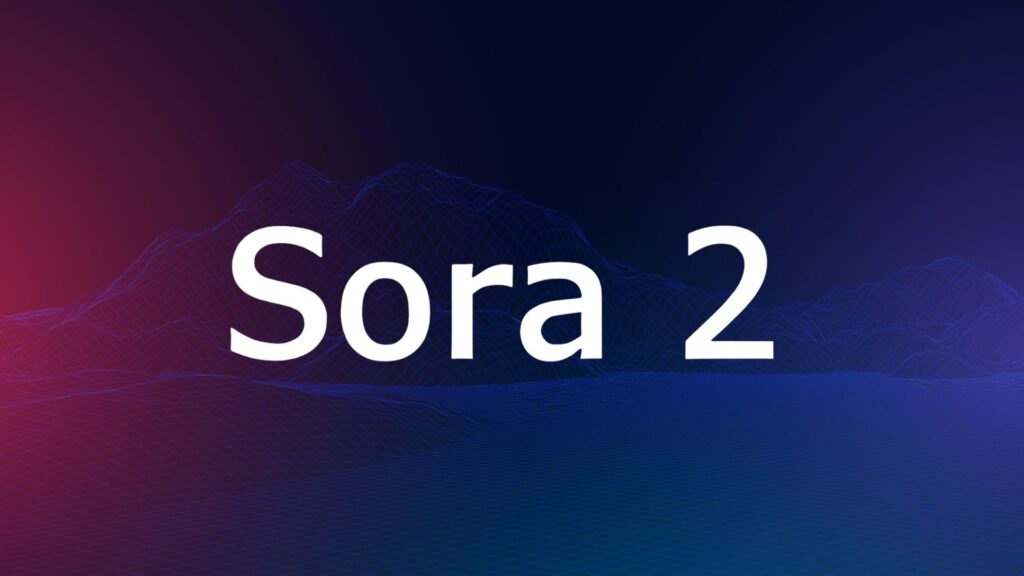OpenAI strengthens controls after Bryan Cranston deepfake incident
Hollywood agencies and unions joined OpenAI to protect performers’ digital identities.

Bryan Cranston is grateful that OpenAI tightened safeguards on its video platform Sora 2. The Breaking Bad actor raised concerns after users generated videos using his voice and image without permission.
Reports surfaced earlier this month showing Sora 2 users creating deepfakes of Cranston and other public figures. Several Hollywood agencies criticised OpenAI for requiring individuals to opt out of replication instead of opting in.
Major talent agencies, including UTA and CAA, co-signed a joint statement with OpenAI and industry unions. They pledged to collaborate on ethical standards for AI-generated media and ensure artists can decide how they are represented.
The incident underscores growing tension between entertainment professionals and AI developers. As generative video tools evolve, performers and studios are demanding clear boundaries around consent and digital replication.
Would you like to learn more about AI, tech and digital diplomacy? If so, ask our Diplo chatbot!
